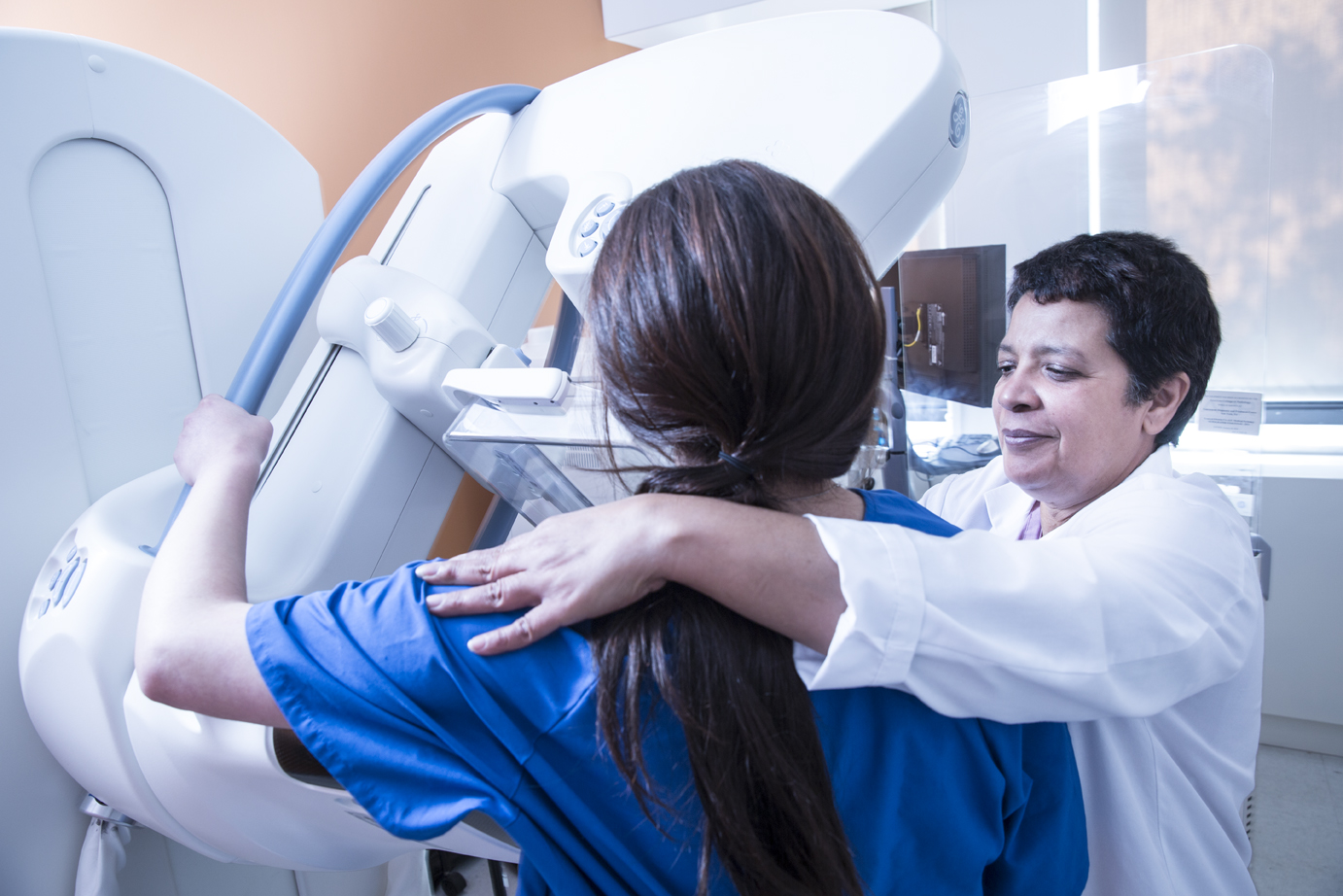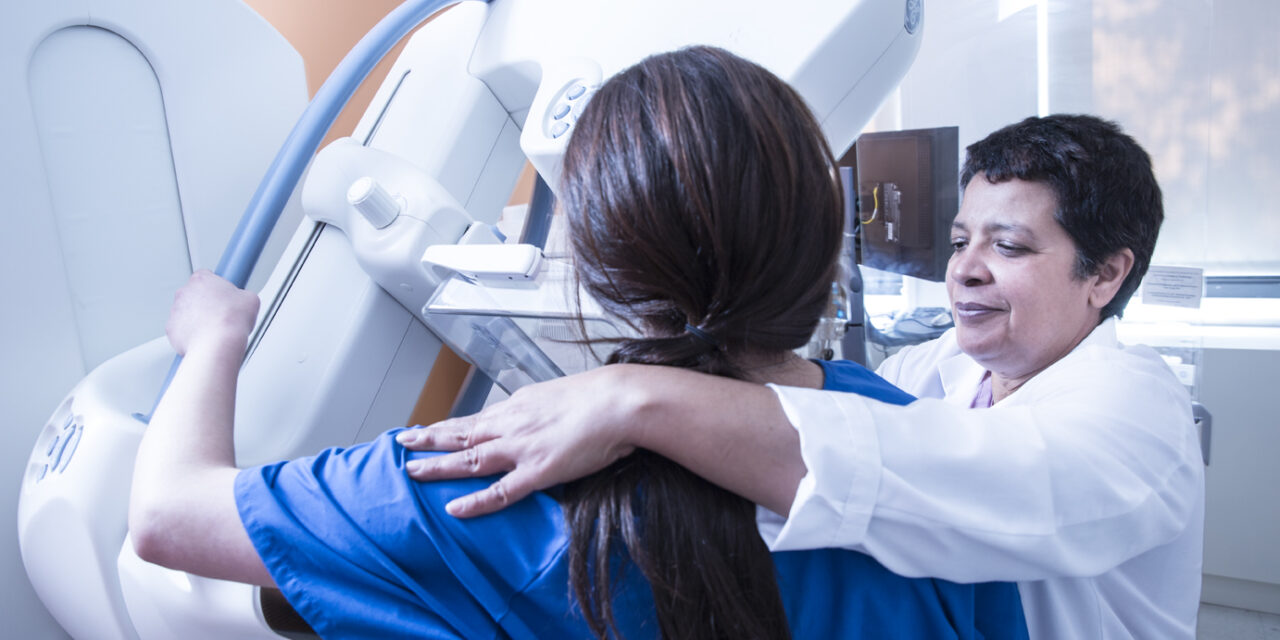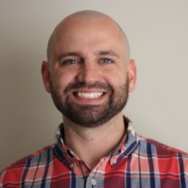October is Breast Cancer Awareness Month: NYC Health + Hospitals Urges New Yorkers to Get Mammograms
Mammograms are the best way to find breast cancer early, when it is easier to treat
Women over the age of 40 should speak with their doctor and be screened for breast cancer
Oct 19, 2023

October is National Breast Cancer Awareness Month and NYC Health + Hospitals today urged New Yorkers to schedule a mammogram. Mammograms cannot prevent breast cancer, but they are the best way to find it early. When breast cancer is detected before it has spread beyond the breast, the survival rate is 99 percent. Some people who have breast cancer have no signs or symptoms. Early detection can help you prevent breast cancer from spreading to other parts of the body. Women over the age of 40 should be screened for breast cancers. To schedule a mammogram or other breast cancer screening, New Yorkers should call 844-NYC-4NYC (844-692-4692). Established patients can use MyChart to request an appointment. Referrals can also be made as part of a routine virtual visit with your provider.
“Routine breast cancer screenings save lives,” said NYC Health + Hospitals Senior Vice President and Chief Medical Officer Machelle Allen, MD. “Every woman 40 years of age and older should speak with her doctor about her specific risks for developing breast cancer and how frequently she should be screened for breast cancer. Screenings are easy and generally only take 20 minutes. Don’t procrastinate, schedule an appointment today.”
“Black women and women of color are usually diagnosed at a later stage of breast cancer – making early detection even more important,” said NYC Health + Hospitals Chief Women’s Health Officer Wendy Wilcox, MD, MPH, MBA, FACOG. “NYC Health + Hospitals will do everything it can to reduce the barriers associated with getting mammogram – cost or lack of insurance should not be an impediment.”
Breast cancer is the second-most common form of cancer among women in the United States after skin cancer. Men can also get breast cancer, although such cases are rare. In the U.S., breast cancer is the second-leading cause of cancer death among women, after lung cancer. The American Cancer Society estimates that there will be over 41,000 breast cancer-associated deaths in 2023. Black women tend to have a higher death rate from breast cancer than their White, Latino, and Asian/Pacific Islander counterparts, most often because they are diagnosed later and thus miss early treatment.
One is more likely to get breast cancer if:
- Do not exercise regularly
- Have obesity
- Take combination estrogen-progesterone hormone replacement therapy during menopause
- Currently use certain birth control pills
- Have a family history of breast cancer
- Have a specific gene mutation for breast cancer, such as BRCA1 or BRCA2
- Began menstruation before age 12 or started menopause after age 55
Breast cancer or an abnormality cannot always be seen or felt. However, if you experience any of these symptoms, speak with your doctor immediately:
- A new lump in the breast or underarm
- Thickening or swelling of part of the breast
- Dimpling breast skin
- Redness or flaky skin in the nipple area or the breast
- A nipple that turns in or becomes sunken
- Pain in the chest
Most health insurance plans cover mammograms and other breast cancer screenings. If one does not have health insurance, the provider can still screen for breast cancer and administer a mammogram. Learn more here.
NYC Health + Hospitals can help patients apply for health insurance. If one doesn’t qualify, we can help enroll in NYC Care, a health care access program.
###
MEDIA CONTACT: 212-788-3339; PressOffice@nychhc.org
About NYC Health + Hospitals
NYC Health + Hospitals is the largest municipal health care system in the nation serving more than a million New Yorkers annually in more than 70 patient care locations across the city’s five boroughs. A robust network of outpatient, neighborhood-based primary and specialty care centers anchors care coordination with the system’s trauma centers, nursing homes, post-acute care centers, home care agency, and MetroPlus health plan—all supported by 11 essential hospitals. Its diverse workforce of more than 43,000 employees is uniquely focused on empowering New Yorkers, without exception, to live the healthiest life possible. For more information, visit www.nychealthandhospitals.org and stay connected on Facebook, Twitter, Instagram and LinkedIn.




